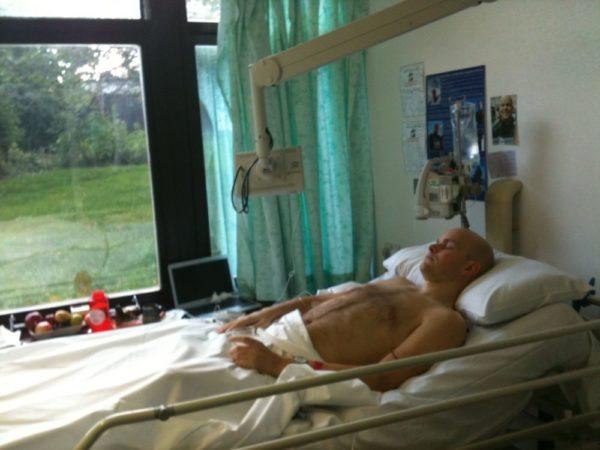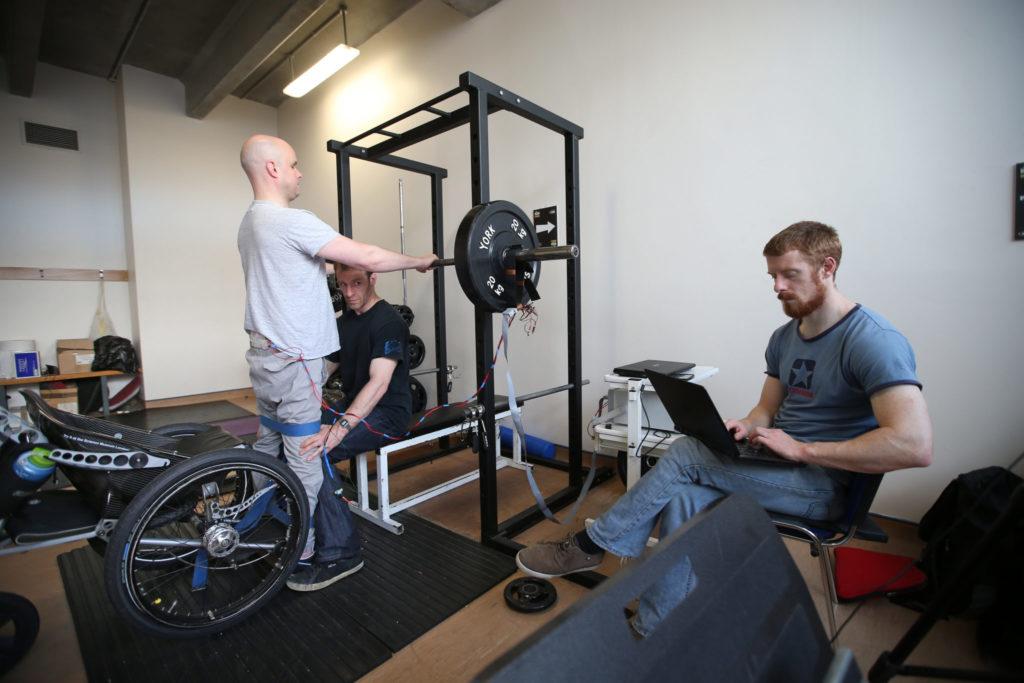Yesterday, 8 years ago, I fell from a second storey bedroom window onto the concrete below. I’m not sure how it happened, but I suspect I got up to go to the bathroom and, being blind, using my hand to feel my way, that night, my hand found an open space where the closed window should have been and I cartwheeled out.
I’ve now described that moment for tens of thousands of people around the world. As a result, it sometimes feels like a story as opposed a real moment in my life. But at this time of year it becomes real again, because summer begins, the rowing season takes off and Henley Royal Regatta is on again, the place where I had my accident. I fell from that window while at the Regatta, on the 2nd of July 2010.
Each year that date doesn’t feel as bad as it might. That day I only remember the good times. I remember being with my mates in the Steward’s Enclosure in Henley having a great time. I remember the sunshine and laughing and doing what I had done since I first raced there as a 19 year old.
It’s the 3rd July that always gets me. By the morning of the 3rd the damage was done. I woke up in pain and entered a whole new world. And, as any suspicion of my spinal injury being mild disappeared, I faced the reality of adding paralysis to my blindness.
I woke up this morning, 8 years later, remembering intensive care, being on that edge between life and death, watching myself in the scene of what seems a story but that unfortunately turned out to be real.
As I lay in hospital I thought the problem was that there was no cure, that a cure was a biological impossibility. But in fact we know the world’s greatest scientists and technologists have the ability to move meaningful therapies from their labs to the clinic within the next five years and ultimately to cure paralysis entirely. We’ve been working with loads of them to help do that.
We have also discovered the real problem is that the breakthroughs that will treat paralysis are held hostage in the minds and labs of these spectacular researchers because of an inefficient use of their time and the fragmented nature of the research landscape.
In particular, we have discovered that the best researchers only spend about 20% of their time focused on core research activities. That means that 80% of their time is spent outside the lab, chasing money, teaching, performing administrative duties and simply trying to keep their labs alive.
And, despite most researchers believing that the paralysis cure will be a cocktail of interventions created across multiple disciplines and institutions, no dedicated support structure exists for these groups to convene and collaborate. In fact the present system sets these groups up in competition with each other.
So, to fix these problems, at the Mark Pollock Trust, we are scaling our hub of experts across strategic planning, research funding, program management, government relations and international coordination to create time and space for our researchers worldwide to collaborate.
8 years on, I still wish I didn’t fall out that window. I know what it has meant, for my friends and my family and everyone who has supported me in my recovery and quest for a cure. I am sorry for us all that it happened. But my feelings have changed from despair about what I lost to impatience for what we know can happen.
This is the place for our energy, to find meaning in despair is human. And with the cure for paralysis, it’s just a matter of time and motivation.



